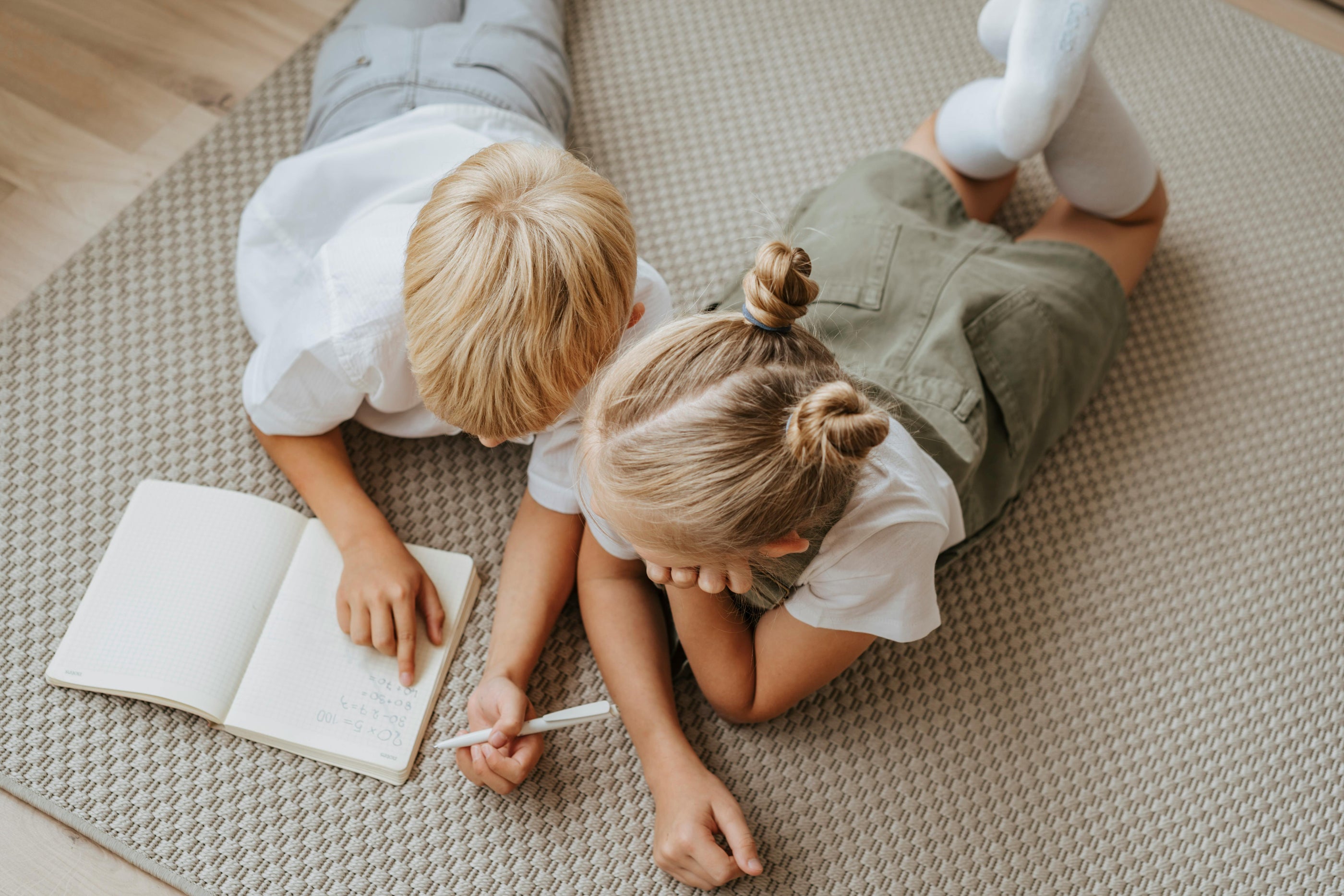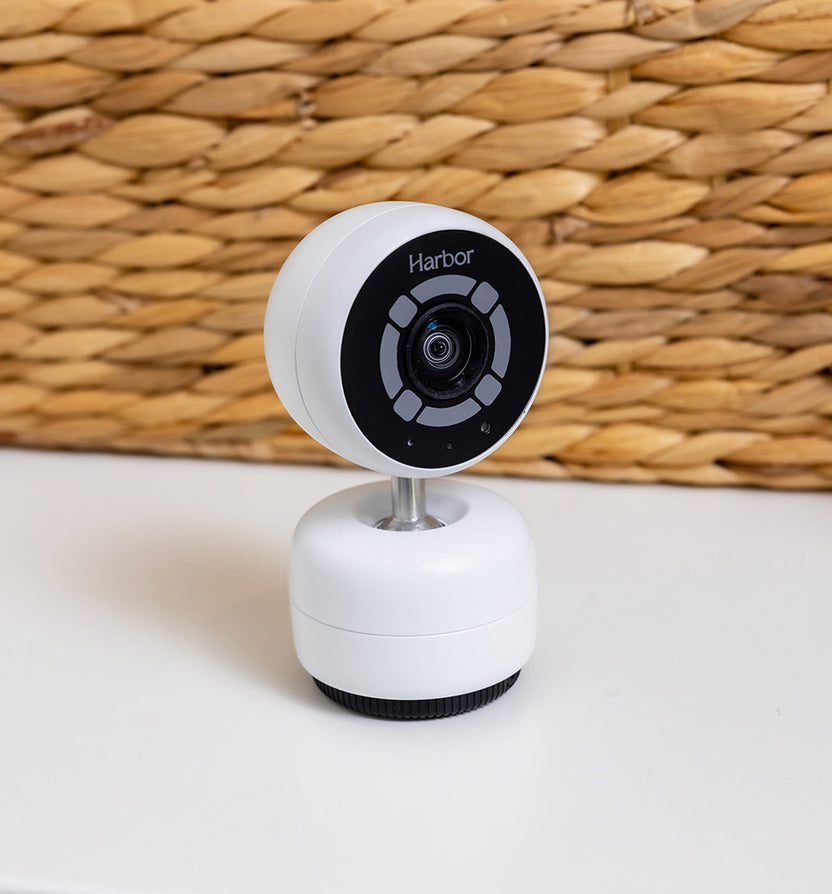
Starting school isn’t just a milestone for your child—it’s a family transition. That’s why routines, independence, health, and social skills play crucial roles in a smooth start. As your family prepares for this next chapter, Harbor’s experts offer practical, developmentally sound strategies to guide you every step of the way.
1. Building Independence at Home
Encouraging independence boosts confidence and sets children up for success in a structured school setting.
-
Assign age-appropriate chores: Encourage dressing, toy cleanup, or setting the snack table. According to PBS Parents, tasks build competence and responsibility.
-
Child-friendly spaces: Use low hooks and labeled bins for easy access and tidy habits.
-
Routine ownership: Let your child choose between two outfit options or select their backpack to strengthen decision-making and routine engagement.
2. Signs You Can Begin Potty Training
Potty training readiness typically includes physical, cognitive, and emotional milestones.
-
Wakes dry: Staying dry for longer stretches signals bladder control.
-
Shows interest: Curiosity in the bathroom or wanting to wear big-kid underwear.
-
Communication skills: Ability to express needs like needing to go potty.
-
Fine motor skills: Able to pull pants up and down.
Checklist and timeline ideas are available from the Centers for Disease Control and Prevention (CDC). Harbor experts can also customize a training plan to match your child’s pace.
3. What to Pack in a Healthy School Lunch
A balanced lunch is essential for focused learning and energy.
Choose easy-to-open, nutrient-rich options:
-
Protein: Deli turkey, cheese cubes, boiled eggs, beans.
-
Whole grains: Crackers, whole-wheat pita, or wraps.
-
Fruits & vegetables: Pre-sliced apples, grapes, carrot sticks.
-
Snack: Yogurt tubes or nut-free granola bars.
-
Hydration: Water in a spill-proof bottle.
4. Helping Your Child Sleep Independently
Healthy sleep habits predict school-day success.
-
Consistent bedtime routine: Warm bath, storytime, dim lights. Read more on how to create a successful bedtime routine and download a fun and easy bedtime checklist for your toddler!
-
Comfort object: Encourage independence with a transitional toy or blanket.
-
Self-soothing cues: Offer minimal reassurance to help build autonomy.
5. Keeping Your Child Healthy in School
School involves interaction—and shared germs.
-
Encourage hand hygiene: Wash before eating and after bathroom use. The CDC’s hand hygiene campaign emphasizes its effectiveness.
-
Personal items only: Lunches, snacks, water bottles—no sharing.
-
Stay up to date: Vaccines and regular wellness visits support immunity.
-
Avoid sending sick children to school: Monitor for fever or contagious symptoms.
6. Boosting Social Readiness for the Classroom
Social skills are the foundation of a successful school experience.
-
Playdates & group play: Share, take turns, and learn cooperation.
-
Role-play scenarios: Practice lining up, asking permission, or raising a hand—tools for early classroom expectations.
-
Teach language for emotions: phrases like “I feel angry” or “Can I have a turn?” foster expression.
-
Encourage problem-solving: Use statements like, “What could we do if your friend took your toy?”
Developmental psychologist insights from Zero to Three confirm that early social-emotional skills improve academic and lifelong outcomes.
Expert Support from Harbor
Harbor’s services are purposely designed to guide families through transitions like school readiness:
-
Personalized sleep coaching to build independent routines.
-
Feeding & developmental consultations that integrate nutrition, potty readiness, and hygiene.
Key Takeaways for School Readiness
| Focus Area | What It Means | Why It Matters |
|---|---|---|
| Independence | Self-care routines, chores | Builds confidence and adaptability |
| Potty Readiness | Physical & communicative signs | Smoothens the school transition |
| Lunch Planning | Balanced, easy-to-eat meals | Supports energy and focus |
| Sleep Habits | Consistent bedtime routine | Improves mood and attention |
| Health Practices | Good hygiene & vaccinations | Reduces absenteeism |
| Social Skills | Play, sharing, emotion language | Prepares for classroom life |




